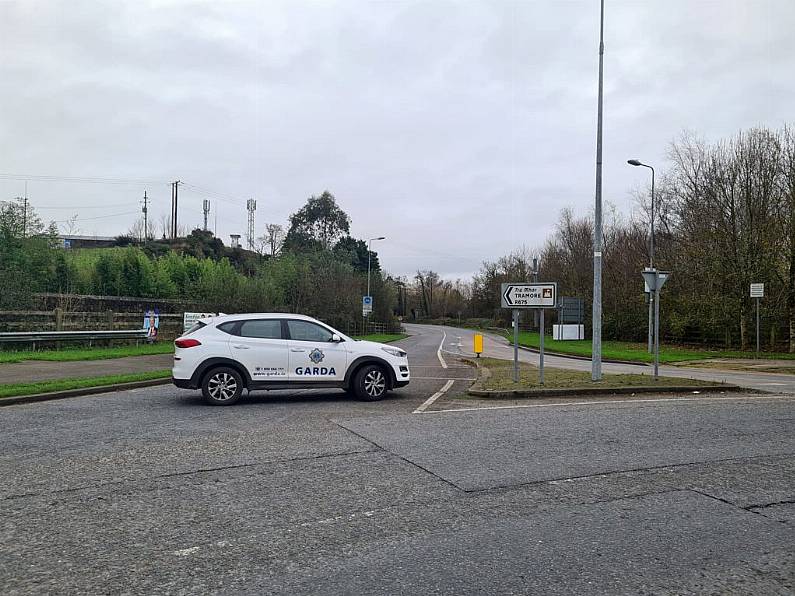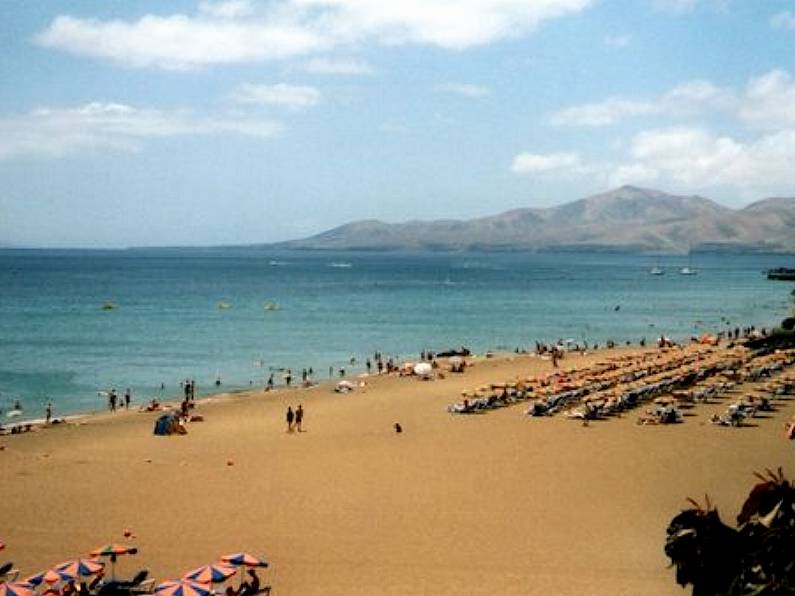Ireland is set to experience some slight relief from the heatwave that has seen the country bask in sunshine for almost three weeks.
Met Éireann has forecast scattered outbreaks of rain and drizzle in northern parts of the country today.
However, the small amount of rain expected to fall is not expected to make much of an impact on drought conditions.
Here's something we haven't seen for a while.
Light patchy RAIN on the east coast.
Latest rainfall radar here:https://t.co/YJqxvBBwTs pic.twitter.com/jFxB3OGLSR— Met Éireann (@MetEireann) July 11, 2018
There will be some relief from the heat as areas to the north and west of the country will see temperatures drop to between 16 to 19.
In southern parts of the country, more sunshine and dry weather is expected with temperatures of 20 to 23 degrees.
There had been concerns that tropical Storm Chris, which has been upgraded to a hurricane by the US National Hurricane Centre, could bring some disruption to the calm weather we have been experiencing.
But as the hurricane makes its way northeast towards Canada, it seems that Ireland will be unaffected.
Latest overnight charts show no real impact from Hurricane #Chris with little in the way of rainfall expected for the next 5-7 days. pic.twitter.com/k24gt0MYQk
— Carlow Weather (@CarlowWeather) July 11, 2018
The rest of the week is forecast to bring similar conditions, with isolated showers but mostly sunny spells and variable breezes.
After a brief dip, temperatures will rise again at the weekend with highs of 27 degrees in parts of the country from Friday.
Cloudier skies through today will bring scattered outbreaks of rain or drizzle to places, but amounts of rain will be small and it will still be dry most of the time. Highest temperatures of 17 to 22 degrees in light northerly breezes. pic.twitter.com/Xc3KR8frPZ
— Met Éireann (@MetEireann) July 11, 2018
Early forecasts for next week indicate more warm and dry weather.
Meanwhile, the World Meteorological Organization (WMO) has released its latest report which showed that some parts of northern Europe experienced June was one of the driest, warmest on record.
"Episodes of extreme heat and precipitation are increasing as a result of climate change," the report said.
"Although it is not possible to attribute the individual extreme events of June and July to climate change, they are compatible with the general long-term trend due to rising concentrations of greenhouse gases."
Digital Desk






